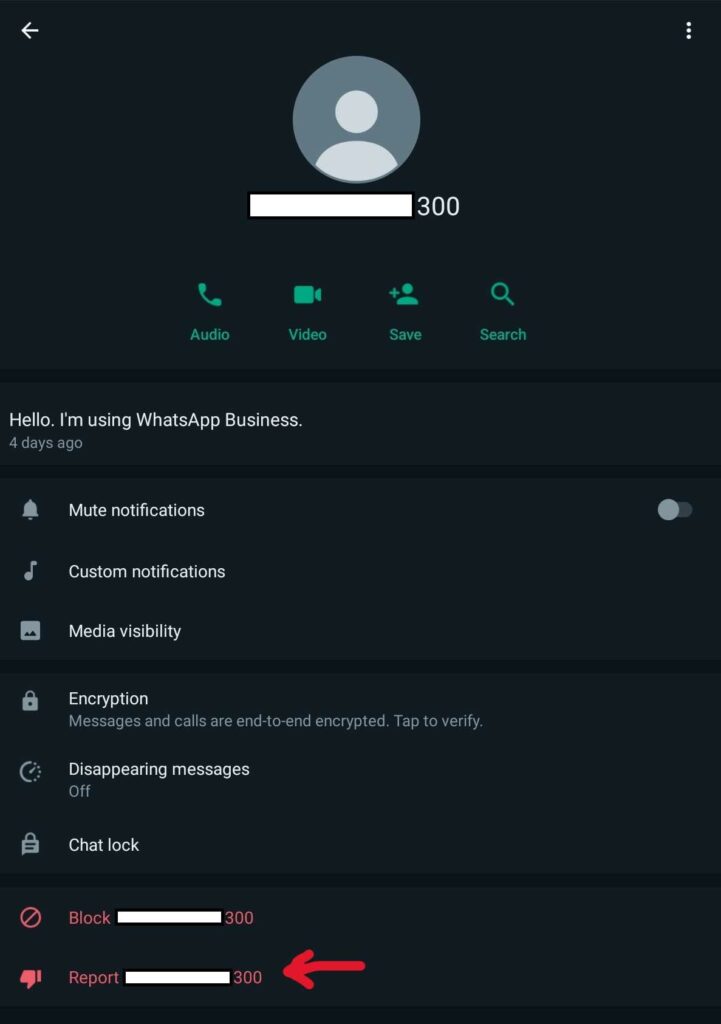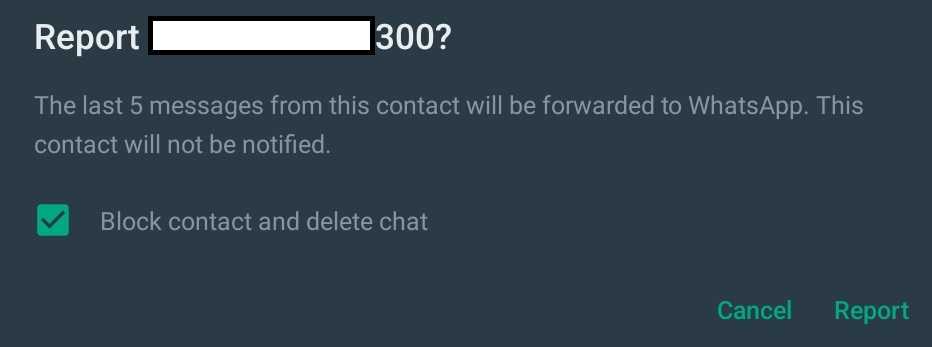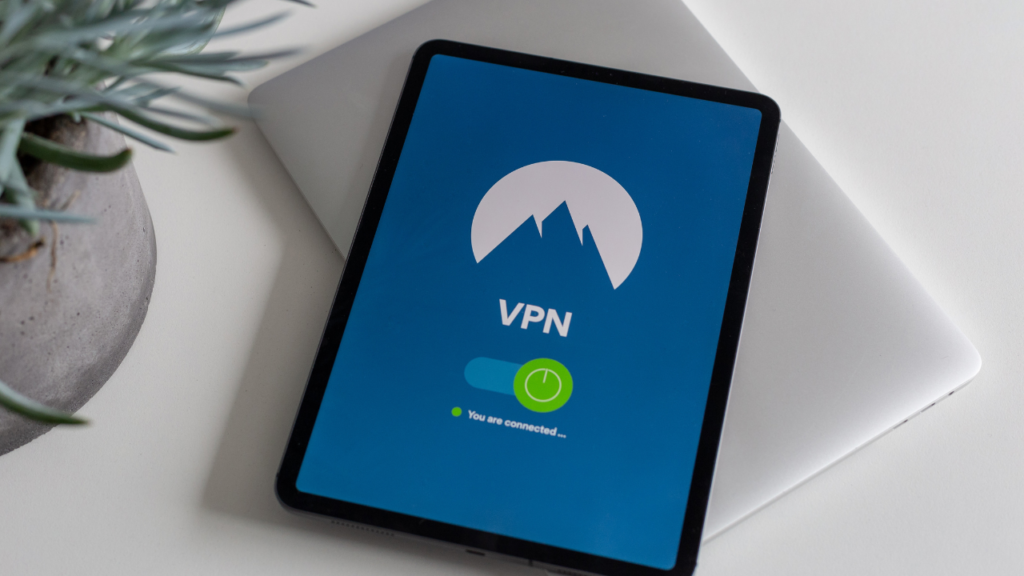Whatsapp Scams You Need To Watch Out For
DataProt is supported by its audience. When you buy through links on our site, we may earn a commission. This, however, does not influence the evaluations in our reviews. Learn More.
WhatsApp is a huge platform with over 2 billion active users worldwide. Unfortunately, its size has made it a great playground for cybercriminals aiming to exploit others.
The app has become one of the avenues for scammers to distribute scam messages and take people’s hard-earned money.
In this article, you will learn what types of scams are happening on WhatsApp and how to protect yourself from scammers online.
What is WhatsApp?
WhatsApp is a popular messaging app with over 500 million daily active users. This app allows users to communicate with others through the internet.
The messaging app also can send photographs, share your location, look for and send GIFs, and other capabilities you’d expect from contemporary messaging software.
WhatsApp also provides voice calls, video calls, and recorded voice messages in addition to the basic texting feature.
In the following sections, learn how to identify any types of WhatsApp scams and how to avoid them.
Types of WhatsApp Scams
Cyberattacks come in different forms. Phishing, malware attacks, and scamming are the most common types. Online scamming is probably one that people are most familiar with.
WhatsApp is a popular playground for scammers because of the number of potential victims on the app.
Here are some of the forms of scams you will possibly encounter on WhatsApp:
1. Mom and Dad Impersonation Scam
Have you got a text from “your kid” from an unknown number asking you to send money immediately? One Reddit poster said they received a text from someone who introduced themselves as their kid, even if they didn’t have one.
This move is a classic social engineering attack where scammers impersonate a member of the family, usually the victim’s child. They would give an elaborate and convincing story of a lost phone or new number and insist they need urgent money. Unsuspecting parents believe in the story and transfer money to the scammer’s bank account.
While avoiding this type of scam is easy, many people still fall for the convincing tones of scammers. Always be vigilant, especially when asked for confidential information, and verify your child’s “new number.”
2. Friend Or Loved One In An Emergency Request
In this scenario, the scammer pretends to be a friend or a loved one in an emergency. They would send you a message with a sense of urgency so you would have no time to investigate.
One person said that their phone contacts received a text informing them that there was an emergency with their address location and that they should contact them at a different number. This is a clear sign that the hacker was able to take control of the owner’s phone.
Scammers use this trick to appeal to emotions and would employ urgency not to allow the victim to think more. There are two methods these fraudsters employ to pull off this scam:
- They message you from a new number claiming to be a friend or loved one; or
- They reach out from a familiar WhatsApp account after hacking that number.
Be suspicious when you receive emergency messages. Always confirm the identity of the person by calling them.
3. Romance Scam (Crypto)
Romance scammers take the route of gaining your trust, giving you your fantasy, with the ultimate goal of acquiring your money. You will usually find these scammers on dating sites, apps, or social media.
One Reddit poster said that during the pandemic, he received messages from women on a dating app trying to convince him to sign up for crypto trading, usually a legitimate cryptocurrency exchange.
These fraudsters would first impress you with their wealth, which is attributable to their cryptocurrency success. They will then ask you to start investing, and when you do, every “investment” goes straight to their wallet.
The allure of quick cash should not blind you to the possibility of investment fraud. Cryptocurrency transactions and those made through payment apps like PayPal or Zelle are difficult to undo.
4. Verification Code Scam
Some scammers are bold and would try logging in to your WhatsApp account from their device. They will send you a verification code and would apologize for sending theirs to your number. They will try to ask you for the code and then use it to access your account, putting you at risk of identity theft.
In one instance, someone posted on Reddit that the mother received a legitimate authentication text from Whatsapp and a text from a friend asking for help with the pin. It was later that the mother realized that the friend’s account got hacked.
Scammers do this to verify which account requires phone verification, verify postings that need to be authenticated, or worse, steal your account.
5. Winning Scam
These scammers often text you over WhatsApp, telling you you won something but require a “releasing fee.” They will call you through a lottery representative, send you a QR code, and ask you to scan it to receive money.
One Reddit poster said it would start with a graphic design text over WhatsApp. It shows that the receiver’s phone number is selected as part of the international lucky draw winner, and the owner of the text should contact the number provided through a WhatsApp call.
Whether it’s a lottery or any contest, it’s a big scam if the cybercriminal tells you you must pay before getting your prize.
6. WhatsApp Gold
In this scam, the user will receive a hoax invitation to upgrade your account to WhatsApp Gold, which is a special edition of the app with new features. After you click the download link, the scammer will install malware on your device, allowing them to hack your phone and steal sensitive information.
If you receive a message about trying out WhatsApp Gold, do not forward it to your contacts; instead, delete it. This link could contain malware to gain authorization and access your information and accounts.
7. Bogus Surveys And Gift Cards
In this type of WhatsApp scam, you will receive a message promising to give you a gift from a brand that looks legit. After you click the link, it redirects you to a survey page that requires you to answer personal questions.
If you fill in the details, the scammer vanishes with your information, putting you at risk of identity theft. The other bad news is there’s no actual gift card.
A Reddit user shares a story of how her sister got a gift card scammed because a celebrity she likes contacted her. She wants to help this “celebrity” because he “can’t leave his apartment due to the paparazzi,” in return, he will reimburse her with 30,000 CAD.
Be careful when someone asks you to give back gift cards. Scammers use this tactic to get your money without a trace.
8. Whatsapp Tech Support Scam
Scammers are getting creative by impersonating WhatsApp tech support teams and making it look legitimate by adding a verified symbol to their profile picture. They will ask you to verify your identity with a verification code.
Once you give them a verification code, they will hack into your account and access your chats and personal details.
It’s good to remember that in WhatsApp, the verification check mark appears next to a contact name and not in the avatar, and official members of WhatsApp will not message you through the app.
9. Call Forwarding Scam
In this situation, a scammer can hijack a victim’s account by sending a one-time password (OTP) verification code through a voice call using an automated service to forward calls to another number.
When you dial the code, it activates the call forwarding, and the scammer will begin the WhatsApp registration process for the account registered with your number.
Some users experience receiving messages from scammers and eventually convince them to call a number that begins with **67* and a ten-digit number, the call forwarding prefix in India, or a *72 and then a ten-digit number in the U.S.
When this call is made, it creates an opportunity for the scammer to reset your WhatsApp password using a one-time password through a phone call.
How to Identify WhatsApp Scams
There are many ways to know whether the person contacting you through WhatsApp is a scammer.
Unknown numbers would often impersonate a family member or friend or send you malicious links from companies or brands. So, how do we know if it’s a scam or not?
Here are some ways to identify whether the one contacting you on WhatsApp is a scammer:
- Unrecognized Numbers – If someone suddenly contacts you using a different number, double-check and verify their identity before interacting.
- Message wording – Scammers often use the same wording in messages. Look for grammatical errors and weird sentences before replying to someone.
- Forwarded Messages – Scam messages are sent to many people at once. Watch out for forwarded messages.
- Suspicious and Malicious Links – Be wary of clicking links from unknown numbers. Suspicious links can get your personal and banking details, login credentials, and other sensitive data.
- Verification Of Login Request – If you receive a message on WhatsApp but have not tried logging in, this could be a scam.
Protecting Yourself from WhatsApp Scams
Messaging apps help us reach other people in an efficient manner. But we must also protect ourselves from cyber-attacks using these online platforms.
Here are some of the ways we can stay safe while using WhatsApp:
1. Set up two-factor authentication (2FA).
Two-factor authentication can help you secure your accounts better. A one-time code can be sent to your phone, email, or authentication app before you log in to your WhatsApp account.
2. Create a distress password with your family.
A distress password is useful when there’s a need to confirm with a family member without the non-family member knowing. It can be any word or phrase that only from within will know.
If you receive a text from a suspicious number, you can use, in this situation, a distress password to avoid falling victim to an impersonation scam.
3. Call to confirm.
When you receive a message from an unknown number who lost their phone asking for money, try to send a message or call their “old number” to verify whether they lost their phone. If you can’t call them, try contacting them directly on their social media accounts before you send any money.
4. Use a people search tool.
If you receive a text from an unknown number, you can find more information about this person by inputting their number in the people search tool. Platforms like TruthFinder allows people to gather information from an individual living in America by their phone number.
The report will include work and educational backgrounds, contact information, social media accounts, and criminal records.
TruthFinder also has a $1 trial that lasts for 5 days. Meaning you can use the website first before you subscribe fully.
How to Report WhatsApp Scams
To stop these scammers from increasing, we must report these accounts to ensure that no other users will fall victim to their smishing or phishing scams.
Here’s what you can do to report a number on WhatsApp:
Step 1: Open the chat with an unknown number you want to report.
Step 2: Tap the phone number.

Step 3: Choose “Report Contact.”

Step 4: In the confirmation message, click “Report.”

Reporting these scams is very important so that you can help prevent these scams from happening again in the future.
Wrapping Up
Messaging apps like WhatsApp are great tools for faster and more efficient communication. Scammers use this platform to manipulate people into giving them money. We need to be vigilant about who we are talking to and be wary of what we post online so we wouldn’t get trapped in what is laid by these criminals.


